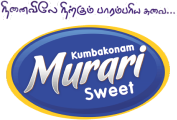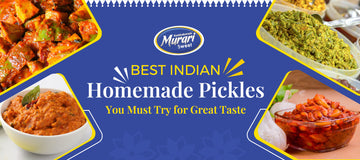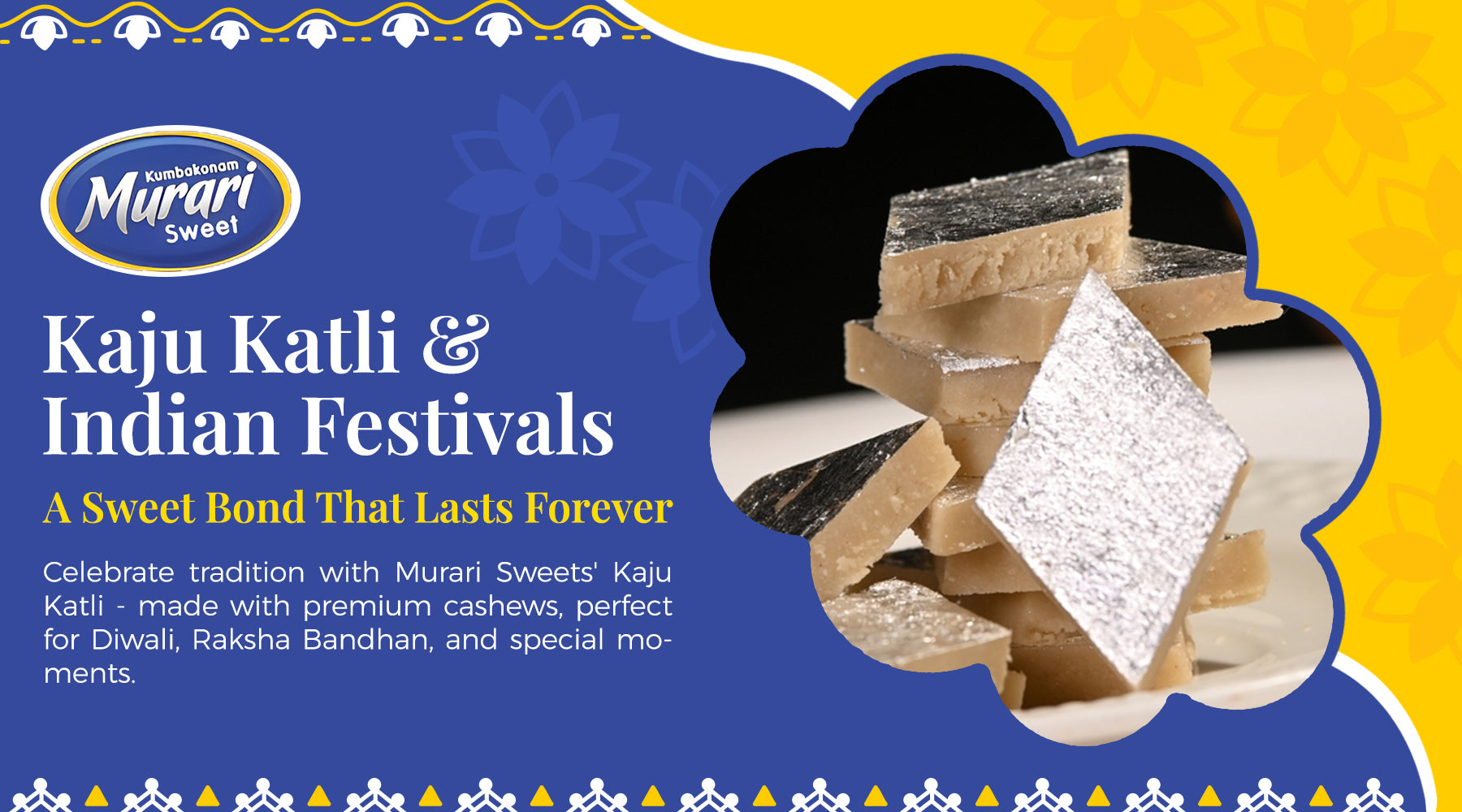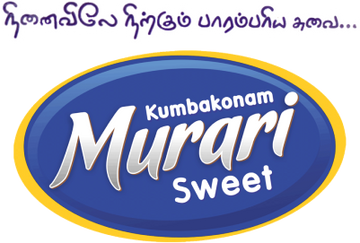Indian cuisine would not be complete without the tangy, spicy, and aromatic addition of homemade pickles. In addition to serving as a side dish, pickles represent an important cuisine tradition preserved and refined over time. Indian kitchens have long used the art of pickling, where grandmothers and mothers prepare these delicacies according to traditional recipes. Whether it is a taste of zesty mango pickle or lemon achar, every bite is flavored with memories and authenticity.
The Legacy of Indian Homemade Pickles
Indian pickling has been practiced for centuries, with each region using its recipes and methods. Unlike commercially available pickles, which often contain artificial preservatives, homemade pickles are preserved using mustard oil, salt, and natural preservation. As a result, the flavor is enhanced, and the shelf life is extended.
Indian states have unique pickling traditions. Each of these recipes has been handed down through generations, carrying the signature flavors of its region.
Murari Sweets Popular Types of Indian Homemade Pickles
Indian pickles are available in a wide variety of flavours. The following are some of the most popular types:
1. Mango Pickle (Aam Ka Achar)
A popular Indian pickle is the mango pickle, which is made from raw green mangoes, mustard seeds, red chilli powder, and mustard oil. Pickles vary across states, with North Indian pickles being spicy while South Indian "Murari Sweets" are tangy and spicy.
2. Lemon Pickle (Nimbu Ka Achar)
A tangy and spicy condiment made from fresh lemons, spices, and sometimes oil or brine. In addition to its citrusy flavor, it is a popular side dish in Indian cuisine.
3. Garlic Pickle
Garlic pickles are packed with nutrients and complement Indian meals such as dal rice and parathas. Its rich aroma and deep, spicy flavor enhance simple dishes.
4. Puliyodhari Mix
A tangy and flavorful mixture is often used as a base for South Indian rice dishes such as Puliyodharai Mix. Tamarind, red chilies, mustard seeds, and other spices are typically used in this dish.
5. Mixed Pickle
This pickle combines a variety of textures and spices due to its combination of carrots, lemon, green chilies, and raw mango. It is often prepared in North Indian households with mustard oil and whole spices.
6. Mango Thokku
A South Indian delicacy made with grated raw mangoes, mustard, red chilies, fenugreek, and sesame oil, this pickle is a popular South Indian delicacy. It is tangy, spicy, and sweet in flavor. This dish pairs well with curd rice, dosas, and rotis.
7. Narthanga Pickle
This delicious pickle is made from sun-dried citron (wild lemon). With its high vitamin C content, it is marinated with salt, chili powder, and aromatic spices, adding a zesty kick to rice dishes and snacks.
Why Are Homemade Pickles Better Than Store-Bought Pickles?
Pickles from a store contain synthetic preservatives, excessive vinegar, and artificial flavors. On the other hand, homemade pickles are produced using natural ingredients and traditional methods, ensuring purity and authenticity. Pickles made at home stand out for the following reasons
-
No artificial preservatives – Natural preservatives to extend shelf life.
-
Authentic flavors – The taste of traditional cuisine is maintained by recipes handed down through generations.
-
Health benefits – Rich in probiotics, which aid digestion and gastrointestinal health.
- High-quality oils and spices – Premium spices such as mustard and sesame enhance the flavor and nutritional value of homemade pickles.
Health Benefits of Indian Homemade Pickles
1. Natural Probiotics for Digestion
Homemade pickles' probiotic content is increased by the pickling process, which also improves digestion and gut health. Regularly consuming in moderation can aid in balancing your gut.
2. Rich in Antioxidants and Vitamins
Garlic and lemon are rich in essential nutrients that can boost immunity and improve well-being. Vitamin C is also present in these pickles, which enhances skin health and digestion.
3. Aids Metabolism and Appetite
Spices such as mustard seeds, turmeric, and red chilli stimulate appetite and aid digestion in pickles. Natural acids and enzymes are present to support metabolism.
4. Enhances Immunity and Reduces Inflammation
Pickles made at home reduce oxidative stress in the body, which protects against infection and chronic disease.
Where to Buy High-Quality Homemade Pickles Online?
You can buy homemade pickles online from trusted sources such as Murari Sweets if you do not have time to make pickles at home. Handmade pickles are crafted according to traditional recipes, ensuring purity and freshness.
Things to Consider When Buying Pickles Online?
- Make sure that there are no artificial preservatives listed in the ingredient list.
- Choose brands that adhere to traditional preparation methods.
- Pickles should be made with high-quality oils and spices.
- Confirm the taste and authenticity of a product by reading customer reviews.
How to Store and Preserve Homemade Pickles?
Follow these simple storage tips to keep pickles fresh and flavourful for a long time:
-
Use a food-grade jar – Murari Sweets' plastic jars are safe for food storage and keep food fresh.
-
Store in a cool, dry place - Avoid contact with moisture to maintain freshness.
- Ensure the oil layer covers the pickle - This helps preserve flavor and texture.
Final Thoughts
Homemade pickles are more than just condiments in Indian cuisine. In addition to enhancing meals with their bold taste, they also provide multiple health benefits. Whether you make homemade pickles at home or buy best homemade pickles online, ensure they are authentic and preservative-free. Murari Sweets offers handcrafted Indian pickles and sweets.






